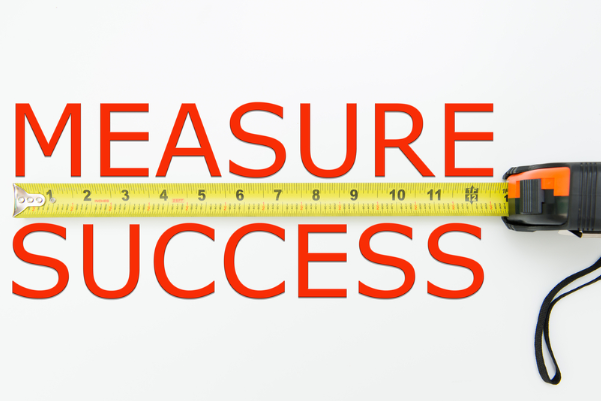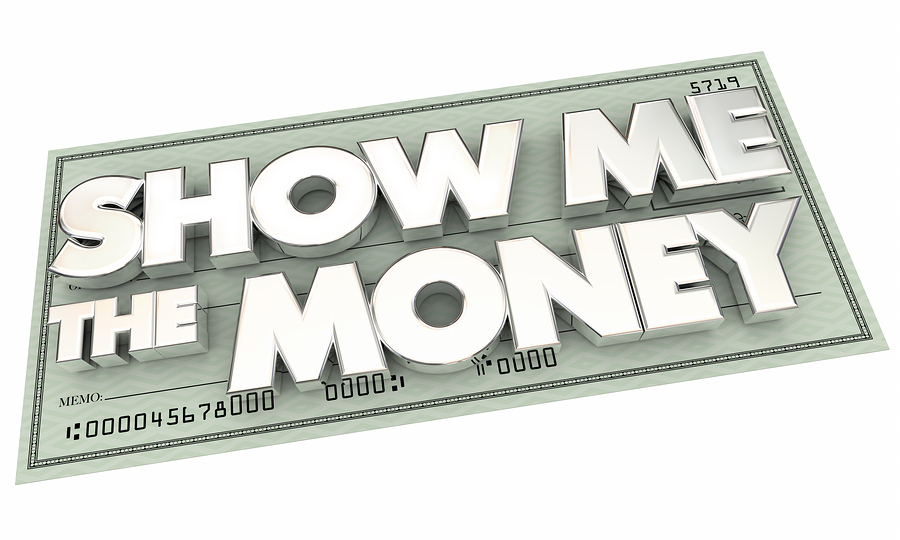The publishing experience is rarely done in isolation. This means working with other people. And if their performances or efforts do not meet your expectations, conflict can occur.
Over the years I’ve seen more conflict than you can imagine–of all types and variety. But the majority of issues boil down to four areas:
- Editorial
- Production (cover design?)
- Marketing and publicity
- Getting paid
The issues can range from an editor changing the name of your main character to horrific cover designs to absent support for a book launch to delayed income.
When (not if) something like this happens, it is critical to know how to respond. This is where a good agent can be of great help. Your tendency is to become angry and vent … on your publisher. (Please read my previous post “Never Burn a Bridge.”) While the anger may get results, it can also destroy any relationship you may have developed.
Questions to Ask When Upset with Your Publisher
(1) Is this normal?
Does this happen a lot? What you may think is terrible and horrible is actually normal standard procedure. Especially with getting paid. Each publisher has different payment procedures and policies. Your agent should be familiar with the differences. Some houses won’t pay any money on acceptance until after all editing is done and the book is sent to typesetting. Others may pay faster.
With editorial conflict, that particular editor may be known for certain things they like or don’t like. We can help you put that conflict in context. Some editors have a light hand; some have a much heavier hand in their approach. Neither is right or wrong; they are simply different.
An advantage of an agent is that we work with nearly everyone in the industry and see the road maps for each of them.
(2) Can this be fixed? And how fast?
Sometimes an error cannot be fixed. For example, a printed book is missing pages, which is a printer error not a publisher error; but you can’t recall all the books already shipped and sold. Usually something like that is an isolated error.
Or what if there are typos in your published book? Recently this happened to a client with an enormous number of errors discovered. The ebook was fixed within days. The printed book had already shipped, but everyone in customer service was alert to any complaints. The second printing takes care of the errors.
I remember one case where an author’s book was published with the author’s name misspelled on the front cover. It was correct on the spine, back cover, interior page, etc. But on the front cover? (Ouch.)
More often the issues can be addressed in short order. Maybe not according to your schedule, but maybe sooner than later.
One thing to remember is that yours may not be the only fire that publisher is putting out that day.
(3) Should this be fixed?
With cover-design disagreements, it may come down to personal taste and nothing more. You simply may despise the color orange because that was the color of your walls in high school and you don’t want to be reminded of high school. Unfortunately, that can be a weak reason to force a change when everyone at the publishing company is enthusiastic over the cover design. This type of disagreement can be handled, if handled right. If you have developed a good relationship with the publisher, then the speed bumps can be handled on a more collegial basis.
(4) How Can I Express My Displeasure?
My advice is rather simplistic. Don’t press the “Send” button on your angry email for at least 24 hours. If you must shout and scream, do so with your agent only. Not your author friends, not your editor, not your local critique partners, but only with your agent. (Please, oh please, not on social media.) That agent is your “safe place.” Your agent will likely move you to the next question below to give perspective.
This goes to that impulse to show your anger immediately. Frequently, all anger does is create a defensive posture by the recipient. Once that wall goes up, it becomes harder to hear each other.
I know of a case where the author took their dissatisfaction to their personal Facebook page. A page that was not public. What they forgot is that reader’s can copy and paste. Their specific displeasure with a named editor was circulated quickly and landed on the editor’s desk. Who then called me.
(5) How Bad Is It Really?
Sometimes it is pretty bad. I’ve seen some absolutely awful covers. I’ve seen editorial notes that are head-scratching at best, scream-worthy at worst. I’ve seen publishers do some bonehead things with a book launch. (But to be fair, they get it right most of the time, depending on their budget restrictions.) I have also seen some bonehead things that authors have done. No one can claim inerrancy in this life.
We agents constantly play collections agents instead of literary agents, tracking down missing payments or slow ones. However, I dare say that 50% of the time when the question of “where is my check” arises, the money shows up in 24-48 hours. The impatience clock just ticked a little faster than it needed to!
Fortunately, most situations are not as earth-shattering as it may appear at first. Issues can be handled with quality communication. Remember, there are real people on the other side of the equation. I’ve seen editors brought to tears by the vitriol of an author. I’ve listened to authors express severe depression because of a situation. In my days as an editor, I had an author question whether or not I was a Christian because he didn’t like the design of his book cover. I know of cases where authors tried to get an editor fired because of their disagreement over the work done by that editor.
I wish I had the space to give a half dozen examples of how things of an egregious nature were handled with grace by the author in concert with their agent and publisher. Things can be worked out. Maybe not to a 100% satisfaction, but at least to a point of acceptance.
[An earlier version of this post ran in October 2014.]











